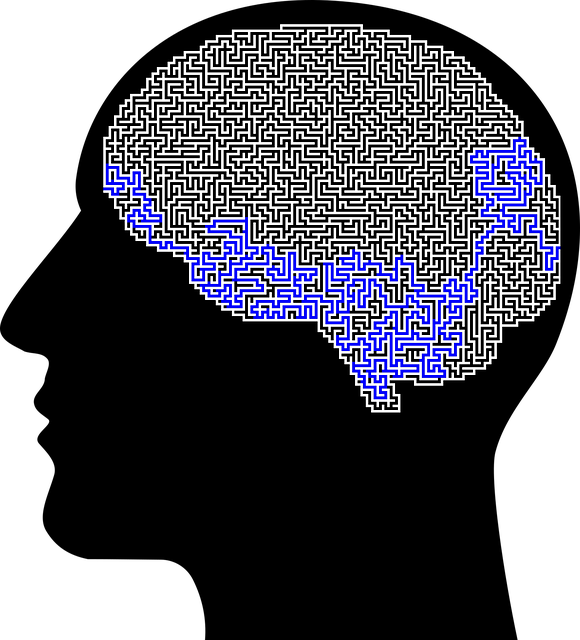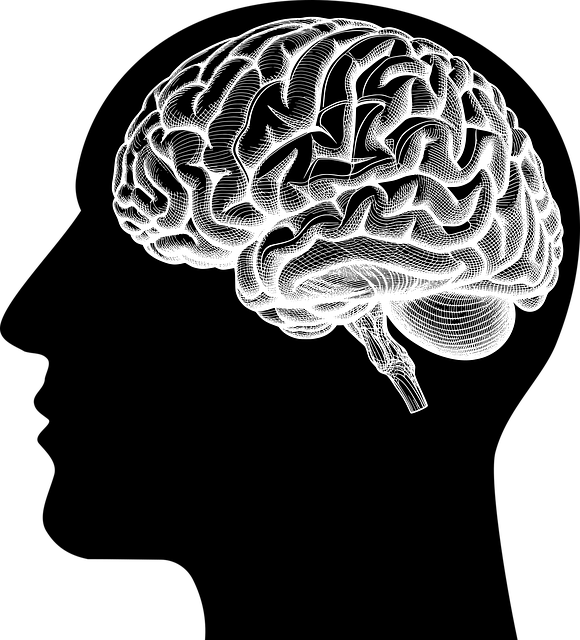Boulder, known for its cultural diversity, requires therapists to employ culturally sensitive Boulder Interpersonal Issues Therapy (BIIT) for effective mental healthcare. This approach respects individual cultural backgrounds, fostering open dialogue and understanding. BIIT equips therapists with skills to bridge cultural divides, improve client connections, and deliver tailored treatment plans. By integrating traditional healing methods and holistic practices, therapists in Boulder enhance cross-cultural trust and improve mental health outcomes for all clients.
In today’s diverse society, cultural sensitivity is paramount in mental healthcare practice. Effective treatment requires understanding and addressing unique cultural perspectives and values. This article explores essential aspects of cultural sensitivity, focusing on strategies for professionals to navigate cross-cultural communication barriers. We delve into specific techniques, such as Boulder Interpersonal Issues Therapy, that foster trust and enhance therapeutic relationships. By incorporating cultural competence in assessment, treatment planning, and practice, mental health professionals can provide more inclusive and effective care.
- Understanding Cultural Sensitivity: A Foundation for Effective Mental Healthcare
- Boulder Interpersonal Issues Therapy: Addressing Cross-Cultural Communication Barriers
- Incorporating Cultural Competence in Assessment and Treatment Planning
- Enhancing Therapeutic Relationships: Building Trust Across Cultures
Understanding Cultural Sensitivity: A Foundation for Effective Mental Healthcare

Understanding cultural sensitivity is a cornerstone in delivering effective mental healthcare services, especially when addressing interpersonal issues. In a diverse society like Boulder, where individuals from various ethnic and cultural backgrounds coexist, recognizing and respecting these differences can significantly impact therapy outcomes. Cultural sensitivity involves therapists adapting their practices to meet the unique needs of each client, fostering an environment that encourages open dialogue and understanding.
This approach is vital in helping clients explore and resolve interpersonal issues, as cultural contexts play a significant role in shaping personal experiences and behaviors. By incorporating awareness of these contexts, therapists can employ effective communication strategies and stress reduction methods tailored to individual needs. For instance, understanding cultural norms surrounding expression and emotional display can guide therapists in adapting their engagement styles, ensuring sessions remain inclusive and therapeutic for all clients, regardless of background.
Boulder Interpersonal Issues Therapy: Addressing Cross-Cultural Communication Barriers

Boulder Interpersonal Issues Therapy (BIIT) offers a unique and effective approach to addressing cross-cultural communication barriers in mental healthcare. By focusing on interpersonal relationships, BIIT aims to bridge cultural gaps and foster understanding between clients and therapists. This therapy encourages active listening, open dialogue, and the use of empathy building strategies to create a safe and supportive environment. The goal is to enhance emotional intelligence, enabling professionals to recognize and respect diverse cultural perspectives while promoting emotional well-being through tailored techniques.
Through BIIT, mental health practitioners learn to navigate complex interpersonal dynamics, especially when working with clients from different backgrounds. By incorporating Emotional Intelligence and empathy-focused strategies, therapists can build stronger connections, improve communication, and ultimately provide more culturally sensitive care. This approach ensures that every client feels heard, understood, and supported, leading to more positive outcomes in mental healthcare settings.
Incorporating Cultural Competence in Assessment and Treatment Planning

Incorporating cultural competence is an essential aspect of effective mental healthcare practice, especially in diverse communities like Boulder, where Interpersonal Issues Therapy (IIT) has gained popularity. Assessing and treating clients from various ethnic, cultural, and social backgrounds requires a nuanced approach that respects their unique identities and experiences. Therapists should be adept at understanding and adapting their assessment techniques to capture the nuances of different cultures, ensuring an inclusive and accurate evaluation.
This involves learning about various self-care practices, compassion cultivation techniques, and mental wellness strategies prevalent in diverse communities. By incorporating these cultural elements into treatment planning, therapists can create a more tailored and meaningful therapeutic journey. For instance, discussing traditional healing methods alongside modern therapy approaches in a Mental Wellness Podcast Series Production can offer a holistic view of mental health, fostering a deeper connection between therapist and client.
Enhancing Therapeutic Relationships: Building Trust Across Cultures

In a diverse society like Boulder, where interpersonal issues therapy is increasingly required to address complex cultural dynamics, building trust between therapists and clients from different backgrounds is paramount. Effective communication and understanding of cultural nuances can significantly enhance therapeutic relationships. Therapists must be equipped with the skills to navigate sensitive topics, respect boundaries, and adapt their practices to meet the unique needs of each client. This involves actively listening, validating experiences, and demonstrating empathy, which fosters an environment where clients feel safe to explore their thoughts and emotions without fear of judgment.
Cultural sensitivity training, integrated into mental health education programs design, can equip therapists with the tools needed for this delicate task. Through self-awareness exercises and ongoing professional development, therapists can improve their understanding of diverse perspectives and learn self-care practices to manage potential challenges. By prioritizing these strategies, Boulder interpersonal issues therapy can become more inclusive, effective, and accessible, ensuring that all individuals receive quality care tailored to their cultural context.
Mental healthcare practices that prioritize cultural sensitivity, as demonstrated by Boulder Interpersonal Issues Therapy, are essential for fostering effective treatment and building trust with diverse patient populations. By addressing communication barriers, incorporating cultural competence into assessments, and enhancing therapeutic relationships, mental health professionals can provide more inclusive and accessible care. This approach not only improves patient outcomes but also ensures that every individual receives respect and understanding tailored to their unique cultural background.










